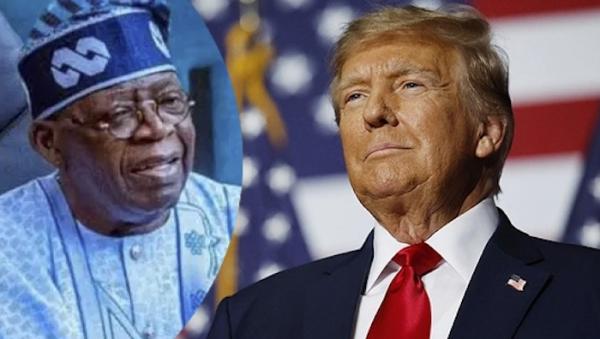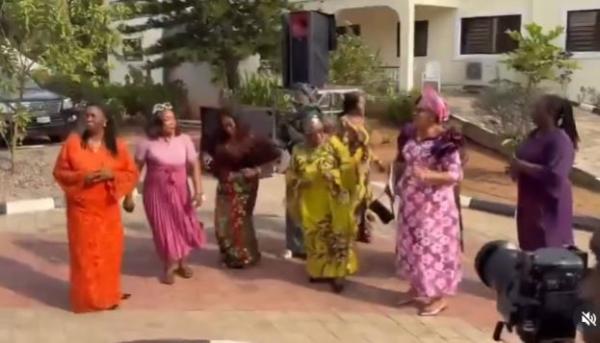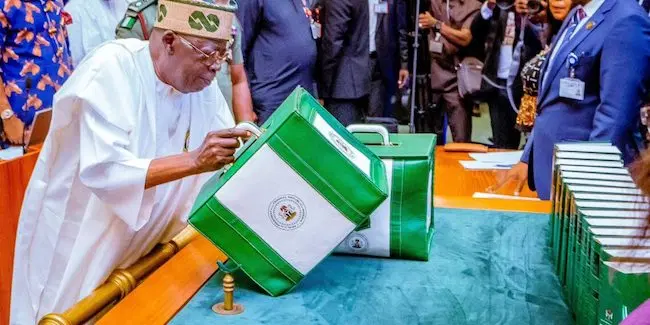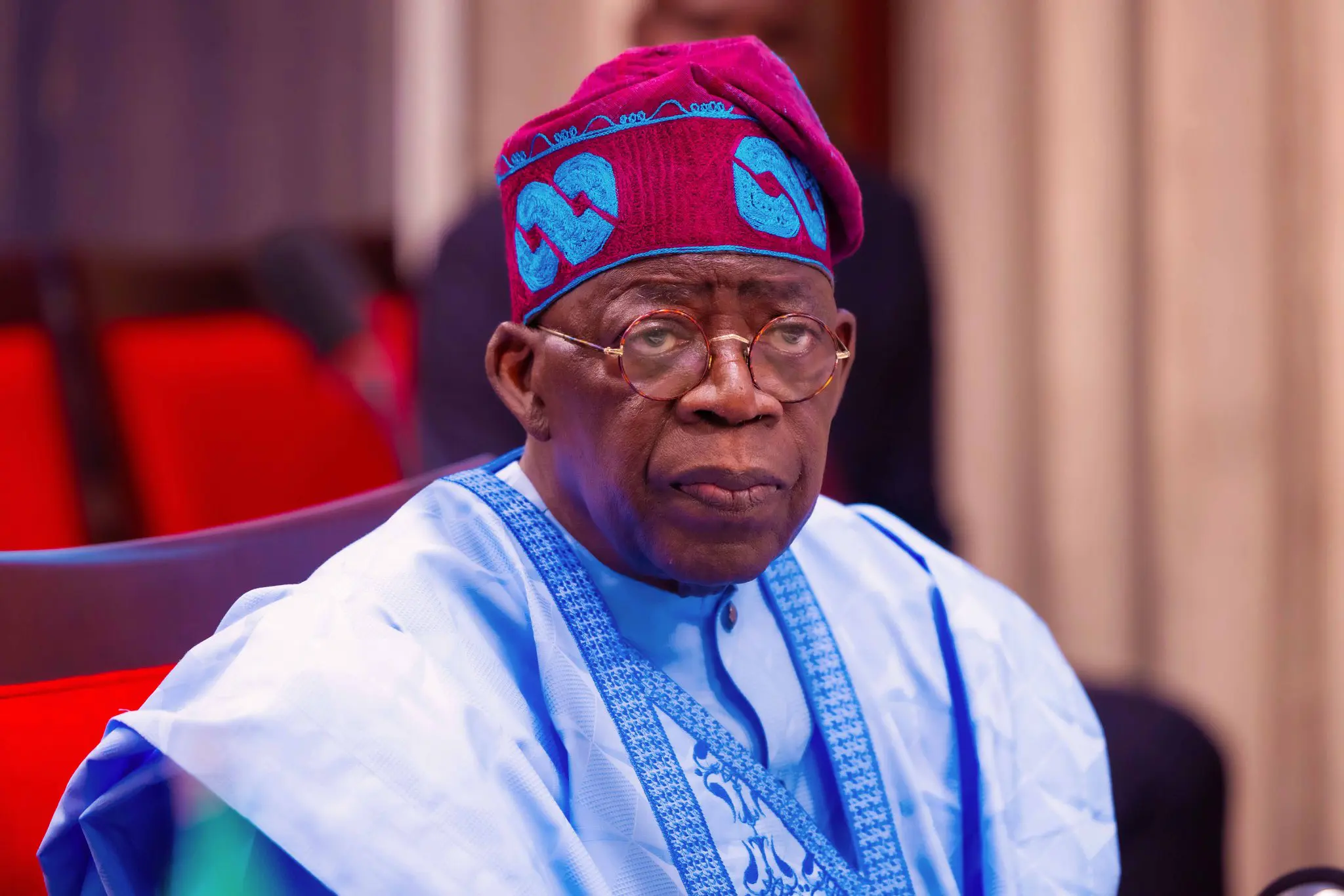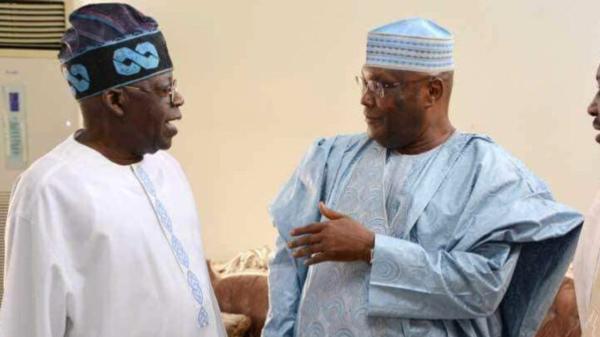
The presidential candidate of the Peoples Democratic Party (PDP), in the 2023 general elections, Atiku Abubakar, has said President Ahmed Tinubu’s one year rule hasn’t produced tangible results because he unleashed reforms without an implementation plan.
Atiku said this in an article he made public on Tuesday. He recalled that “On May 29, 2023, President Bola Tinubu raised the hopes of Nigerians with his pledge to ‘remodel our economy to bring about growth and development through job creation, food security and an end of extreme poverty.”
He explained that since making this pronouncement, Tinubu has also spoken about growing the economy at double-digit rates to US$1 trillion in six years, ending misery, and bringing immediate relief to Nigeria’s cost-of-living crisis.
According to the former Vice President noted that on listening to this, Nigerians must have breathed a sigh of relief after their experience with ex-President Buhari’s 8 years of economic misadventure.
He, however, said, “Tinubu laid out no plans for the ‘remodeling’ of the economy but soon embarked on a cocktail of policies to achieve it.
“In May 2023, he eliminated PMS subsidies, and a month later, the CBN implemented a new foreign exchange policy that unified the multiple official FX windows into a single official market.
“More policies followed in rapid succession: the tightening of monetary policy to reduce Naira liquidity, a hike in monetary policy rates, the introduction of cost-reflective electricity tariff, and a cybersecurity tax.
“Predictably, 12 months on, Tinubu’s pledge of growing the economy and ending misery remains unfulfilled.
“His actions or inactions have significantly worsened Nigeria’s macroeconomic stability. Nigeria remains a struggling economy and is more fragile today than it was a year ago.
“Indeed, all the economic ills – joblessness, poverty, and misery – which defined the Buhari-led administration have only exacerbated.
“Africa’s leading economy has slipped to the 4th position lagging behind Algeria, Egypt, and South Africa. Citizens’ hopes have been dashed (and not renewed contrary to the propaganda of the administration) as Nigeria’s economic woes have multiplied.
Giving an analysis of how he thinks Nigeria got to this sorry state, Atiku said, “In my press statement on the state of our economy, earlier this year, I expressed my concerns about the downside risks of unleashing reforms without sequencing;
“…without any ideas on how to implement them; and without any regards to their potential and real devastating consequences. Implementing policies without proper planning and a clear destination is nothing other than trial-and-error economics.
“My concerns have not diminished. I will focus on just four areas to underscore those downside risks associated with Tinubu’s reform measures and their dire consequences on Nigeria’s medium to long-term growth and development.
“First, President Tinubu’s policies do not create prosperity. Instead, they pauperize the poor and bankrupt the rich.
“They spare no one. Nigerian citizens, the majority of whom are poor, are going through the worst cost-of-living crisis since the infamous structural adjustment programme of the 1980s.
“The annual inflation rate at 33.69% is the highest in nearly 3 decades. Food prices are unbearably higher than what ordinary citizens can afford as food inflation soared to 40.53% in April, the highest in more than 15 years.”
He further said, “Nigerian citizens have to pay 114% more for a bag of rice, 107% more for a bag of flour, and 150% more in transport fares relative to May 2023. Today, in some locations, motorists are paying 305% more for a litre of fuel.
“Yet, on a minimum wage of the equivalent of US$23 per month, Nigerian workers are among the lowest wage earners in the world. Tinubu had the ‘courage’ to remove subsidy on PMS;
“…and impose additional taxes on his people but lacks the compassion to raise the minimum wage or implement a social investment programme that would reduce the levels of vulnerability, and deprivation of workers and their families.
“Second, President Tinubu’s policies create a hostile environment for businesses, big or small. The private sector is overwhelmed by Tinubu’s dismal policies and overburdened by his failure to address the policy fallouts.
“The manufacturing sector, which holds the key to higher incomes, jobs, and economic growth, has been bogged down by rising input prices, higher energy and borrowing costs, and exchange rate complexities.
“For example, since 2023, the average price of diesel has doubled to N1,600 per litre. Electricity tariff has recently been increased by 250% from N68/Kwh to N206/Kwh.
“As reported by the Guardian (13 May 2024), in Q1 of 2024, energy prices were up by 70%, costing manufacturers N290 billion.
“Since May 2023, corporate Nigeria has lost more than a dozen enterprises to other countries. Unilever, GlaxoSmithKline (GSK), Procter & Gamble (P&G), Sanofi-Aventi Nigeria, Bolt Food, Equinor, among others had exited Nigeria citing reasons including foreign exchange complexities, security concerns, and high operational costs.
“According to the Nigeria Employers’ Consultative Association (NECA), nearly 20,000 jobs may have been lost due to the departure of 15 multinational companies from Nigeria.
“Those enterprises that remain are struggling to survive. Vanguard Newspaper (20 May, 2024) reported a significant rise – to nearly 30% – in unsold goods in the warehouses of manufacturers of fast-moving consumer goods, occasioned by the rising cost of living and declining purchasing power of the citizens.
“According to the Guardian, manufacturers reported in Q1 a 10% drop in capacity utilization, a 10% drop in production, a 5% drop in investment, and more than 7% drop in sales.
“The Daily Trust (1 May, 2024) quoted Dangote lamenting that nearly 97% of manufacturing concerns in Nigeria will be unable to pay dividends this year.
“In an economy with high rates of unemployment, a declining manufacturing sector cannot be an option.
“Third, President Tinubu’s foreign exchange policies have not had any positive impact on Nigeria’s foreign trade balance, contrary to policy expectations.
“In particular, the free-float and the resulting devaluation of the Naira has not resulted in an appreciable improvement in Nigeria’s trade balance.
“Devaluation has not enhanced the competitiveness of local producers and has had no positive impact on exports of goods, primary or manufactured. In Q4 of 2023, for example, while imports surged 163.1%, exports rose at a slower 99.6%, indicating a huge foreign trade deficit.
“Similarly, in Q1 of 2024, Nigeria recorded a trade deficit of $7.5 billion, with exports value of $12.7 billion and import value of US$14 billion. Overall, the trade deficit as a percentage of GDP increased by 0.83% from 0.05% in May 2023 to 0.88% in May 2024.
“Fourth, President Tinubu’s policies have failed to attract foreign investments into the country despite all the posturing and media hype by the President’s men.
“Exchange rate unification and free float of the Naira have not led to higher capital inflows (whether Foreign Direct Investment or Foreign Portfolio Investments), again contrary to policy expectations.
“Indeed, FDI inflows declined by 26.8%, from US5.33 billion in May 2023 to US$3.9 billion in May 2024. It is not difficult to understand why: FDI is about TRUST.
“It is about the investing world trusting the leadership of a country to act and deliver on promises made. Investors come when the right policies are designed and delivered timely and efficiently by public institutions.”













